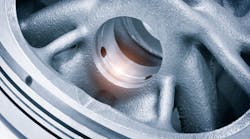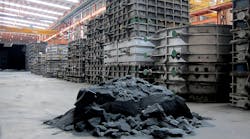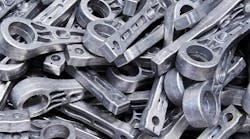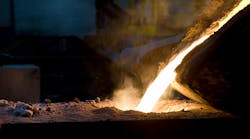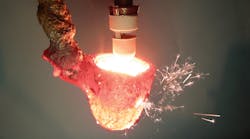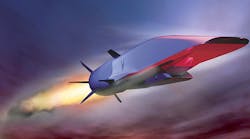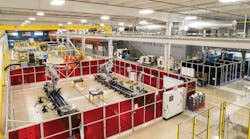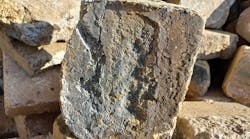Intermet Corp. reports it started operating a new 88 NTX Techmire zinc diecasting machine at its Monroe City, MO, plant recently, taking its manufacturing of zinc components “to the next level” with “greater responsiveness and higher quality benefits” to customers. Plans call for the new machine to produce precision components for automotive steering mechanisms, though Intermet states it expects to add other product lines soon.
"We're really excited by the capabilities and efficiency this new equipment brings and we are delighted to increase the level of service we provide to our customers," stated Mark Utterback, manufacturing engineering manager at Intermet Monroe Cit.
Techmire, based in Montreal, designs and builds multiple-slide diecasting systems for zinc, lead and magnesium alloys. Its NTX Series machines are high-capacity clamping systems that allow the operators to maintain high metal pressures and injection velocities, which results in better surface finish and part density.
Intermet emphasizes that density is an important aspect of a cast part’s strength and durability.
The 88 NTX is Techmire’s largest diecasting machine, with a dry-cycle speed of 2,100 cycles/hour. It features a quick die-changing capability that allows changeover of a two-slide mold in as little as 15 minutes, according to the company’s statements. The system is designed for single-cavity production of large surface-area parts, or multiple-cavity production of smaller components.
Referring to the new machine’s faster changeover times — 15-20 minutes, rather than “two to three hours” — Utterback said it “gives us the capability to respond more quickly to fluctuations in orders. It also cuts down on zinc scrap and reduces variations in production quality due to the enhanced capabilities of the machine," he added.
Utterback adds that the machine is equipped with the ability to provide process monitoring and control not available in conventional diecasting machines, which will speed up response time to production problems.
Latest from Materials
Latest from Materials
Melt/Pour
Modeling Aluminum Oxidation
Feb. 27, 2024
Materials
Quiz: Know the Metals!
Aug. 29, 2023
Issues and Ideas
OSHA Cites Schumann for Blast
Aug. 22, 2023
Melt/Pour
Reducing Alloying, Improving Castability
July 17, 2023
Materials
SinterCast CGI Volume Hits a New High
July 11, 2023
Issues and Ideas
LIFT, DoD Renew Co-Op
May 17, 2023
